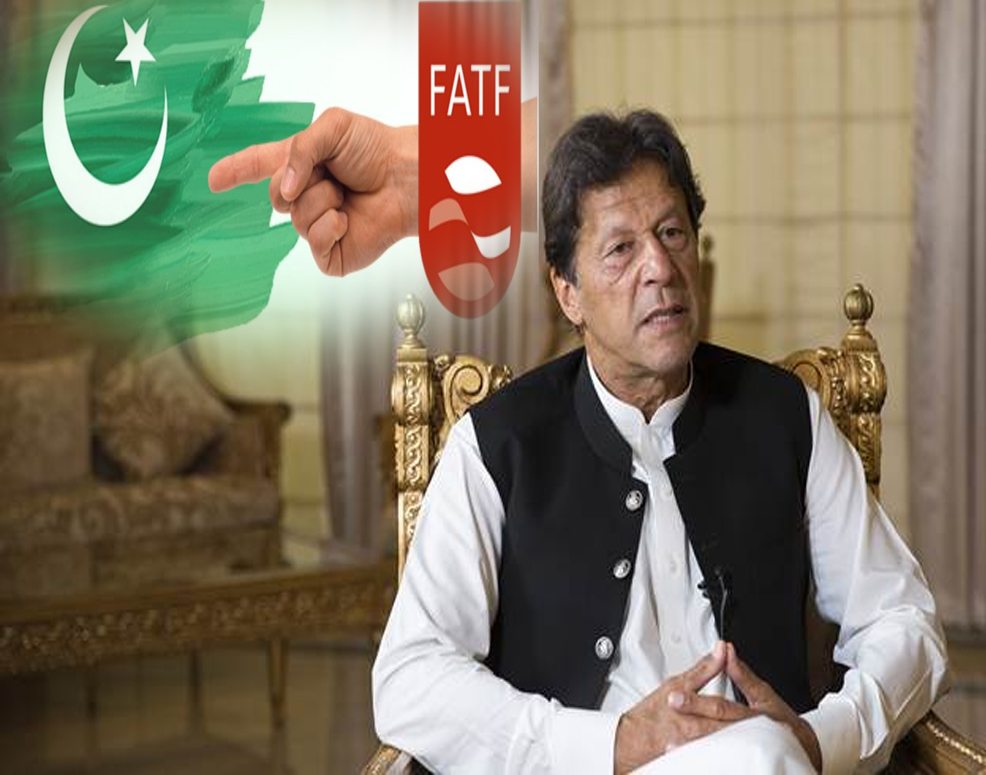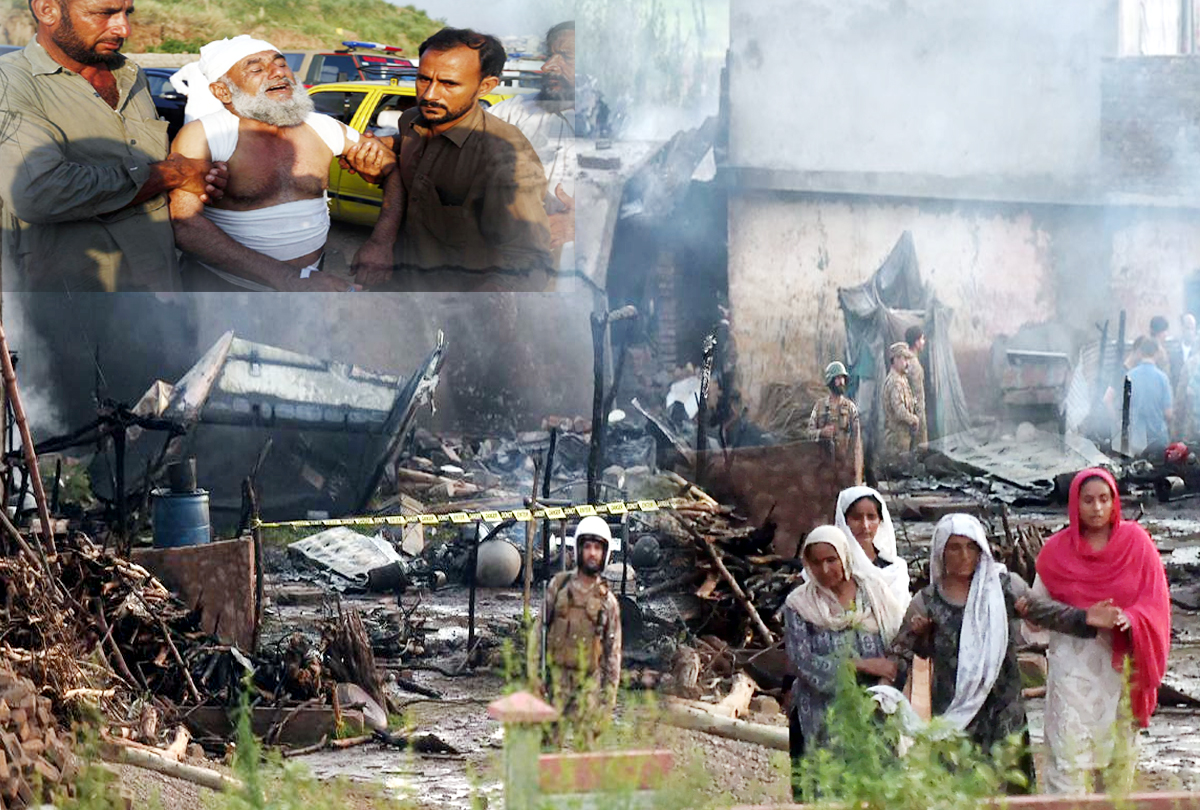Ayodhya-Verdict: Ram Temple in Ayodhya, Centre gets 3 months to plan, Muslims alternate land

[Edited By: Gaurav]
Saturday, 9th November , 2019 12:15 pmIt's a unanimous and historic decision in favour of the construction of Ram Temple in Ayodhya by the five-judge Constitution bench of the Supreme Court. The bench led by Chief Justice of India Ranjan Gogoi ruled on Saturday (November 9, 2019) that the title suit by Ram Lalla Virajman is maintainable while ordering the Centre to set-up a Board of Trustees in the next three months for the construction of a Ram Temple.
Rejecting the petition by the Muslim side, the apex court ruled that they be given 5 acres of land at an alternate site in Ayodhya in the politically and socially-sensitive and several decades-old Ayodhya's Ram Janmbhoomi-Babri Masjid land dispute case.
Ahead of the crucial verdict, political leaders cutting across the party lines have appealed for peace and calm. Prime Minister Narendra Modi also called for calm and said that the top court judgment “will not be anyone’s loss or victory”.
The case was heard by a five-judge Constitution Bench comprising Chief Justice Ranjan Gogoi, Justices S A Bobde, D Y Chandrachud, Ashok Bhushan, and S Abdul Nazeer for a marathon 40 days on a day-to-day basis and reserved its order on October 16.
Hearing in the case commenced on August 6 after the court-appointed mediation panel, comprising of spiritual leader Sri Sri Ravi Shankar and Justice (retired) FMI Kalifullah and senior advocate and renowned mediator Sriram Panchu failed to arrive at an out-of-court settlement in the case. The 40-day long proceedings turned out to be the second-longest hearing in the history of the Supreme Court, after the historic Kesavananda Bharati case which went on for 68 days.
On Friday, Justice Gogoi held an hour-long meeting with UP Chief Secretary Rajendra Kumar Tiwari and Director General of Police Om Prakash Singh who apprised him about the security arrangements made to maintain law and order in the state.
Meanwhile, multi-layered security arrangements have been put in place in Ayodhya, which has been turned into a fortress with the deployment of 60 companies (90-125 personnel each) of the PAC and paramilitary forces. Drones and CCTV cameras will also be used to monitor the situation ahead of the verdict.
Section 144, which prohibits a gathering of more than four people, has been imposed across several states, including Goa, Uttar Pradesh and Jammu and Kashmir, ahead of the SC verdict. Further, all schools and colleges and other educational institutions will remain closed in states like Madhya Pradesh, Uttar Pradesh, Jammu and Kashmir, Karnataka, Rajasthan, Delhi etc as a precautionary measure ahead of the Supreme Court verdict in the case. The Uttar Pradesh government has also declared holidays for all schools and colleges in the state starting from November 9 to 11 amid safety concerns.
You can watch the live streaming of the much-anticipated verdict in Ayodhya land dispute case here.
Latest News
-
2-Doxy-D is a game-changer drug - discovered by sc
-
UP Covid News: Recovery rate rises 86 percent in U
-
Big B orders 50 oxygen concentrators from Poland,
-
Today is Akshay tritiya-PM Modi and Akhilesh yadav
-
Kanpur health department doing preparations to fig
-
UP Govt. must be held accountable for "failing" it
-
16 doctors in Unnao UP resign yesterday but retrac
-
Vaccine is safety cycle against corona pandemic-CM
-
Life of every person is priceless,rescue is the be
-
Kanpur Municipal Corporation will make dust free K
-
Corona vaccination: UP government withdraws the de
-
UP Government should follow the orders of Highcour
-
Uttar Pradesh-IG roaming in the city without the u
-
PM, take off those pink goggles, by which nothing
-
Rahul Gandhi's counterattack on BJP Government’s s
-
Happy international nurse day-PM Modi, Rahul Gandh
-
Online food delivery and liquor shops can open the
-
Egoistic BJP should work in public interest instea
-
High court directed UP Government to make a Covid
-
Isolation rooms to be built in industrial units, a
-
WHO has appreciated the effort of the Yogi Adityan
-
Brother is forced to carry his corona afflicted br
-
Lucknow- Free auto service for covid patients
-
Lucknow-Defense Minister and CM Yogi inaugurated
-
Wine shops opened in kanpur
-
Kanpur: oxygen demand 50 percent decrease as infec
-
Kanpur Crime Branch Police arrested 2 accused of i
-
Kanpur police's initiative to prevent corona infec
-
CM Yogi inspected the community health center in c
-
Corona's third wave: IIT professor claims not to c
World News
-
American president Appoints Two More Indian To Key
-
Arora Akanksha an Indian running for United Nation
-
Brazil thankes india with hanuman after receiving
-
Toronto protest against Indian citizenship law as
-
One-Of-A-Kind Wedding: After Groom's Father Gets A
-
Kim's Horse Ride On Sacred Mountain Hints At "Grea
-
Chinese President’s India visit on track, confirms
-
'Howdy Modi' event 'win-win' situation for Modi an
-
Malala urges U.N. to help Kashmiri children go bac
-
Rocket blast at U.S. Embassy in Kabul on 9/11 anni
-
PM Modi launches $4.2 mn redevelopment project of
-
Pakistan Blacklisted by FATF's: After Failing to A
-
Amazon Rainforest burning: Brazil President tells
-
10 shoking pics of Amazon Rainforest Burning
-
200 pakistan twitter accounts suspended on kashmir
-
Trump dials Imran Khan, asks to ‘moderate rhetoric
-
No policy change on Kashmir, says U.S.
-
Hamza, the son of Osama bin Laden, is dead
-
Ethiopians planted more than 200 million trees in
-
Pakistani military aircraft crash: All 5 crew memb























